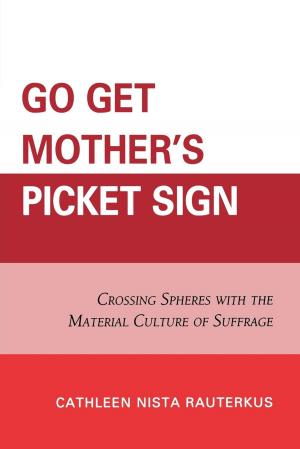Our Own Worst Enemy as Protector of Ourselves
Stereotypes, Schemas, and Typifications as Integral Elements in the Persuasive Process
Nonfiction, Reference & Language, Language Arts, Communication, Journalism, Social & Cultural Studies, Social Science| Author: | Byron B. Renz | ISBN: | 9780761847052 |
| Publisher: | UPA | Publication: | February 23, 2010 |
| Imprint: | UPA | Language: | English |
| Author: | Byron B. Renz |
| ISBN: | 9780761847052 |
| Publisher: | UPA |
| Publication: | February 23, 2010 |
| Imprint: | UPA |
| Language: | English |
Much communication today argues a point. An argument, by definition, involves an attack and a counterattack not only using logic, but also incorporating non-logical feelings, attitudes, beliefs, and values. Much of the non-logical element in our argument taps the reservoir of unconscious understandings, feelings, expectations, and values that we have coded and stored in our unconscious minds in the form of stereotypes, schemas, and typifications. Our internal packets of stored values and beliefs may constitute our own worst enemy as they militate against creative thought and forward-looking change. At the same time, they may provide solace for our inner being and provide a framework for developing persuasive campaigns to further our interests. The book takes us through the persuasive process, particularly as it is used in terrorist persuasive settings and as it has been used in some of the major propaganda battles of the twentieth and twenty-first centuries.
Much communication today argues a point. An argument, by definition, involves an attack and a counterattack not only using logic, but also incorporating non-logical feelings, attitudes, beliefs, and values. Much of the non-logical element in our argument taps the reservoir of unconscious understandings, feelings, expectations, and values that we have coded and stored in our unconscious minds in the form of stereotypes, schemas, and typifications. Our internal packets of stored values and beliefs may constitute our own worst enemy as they militate against creative thought and forward-looking change. At the same time, they may provide solace for our inner being and provide a framework for developing persuasive campaigns to further our interests. The book takes us through the persuasive process, particularly as it is used in terrorist persuasive settings and as it has been used in some of the major propaganda battles of the twentieth and twenty-first centuries.















